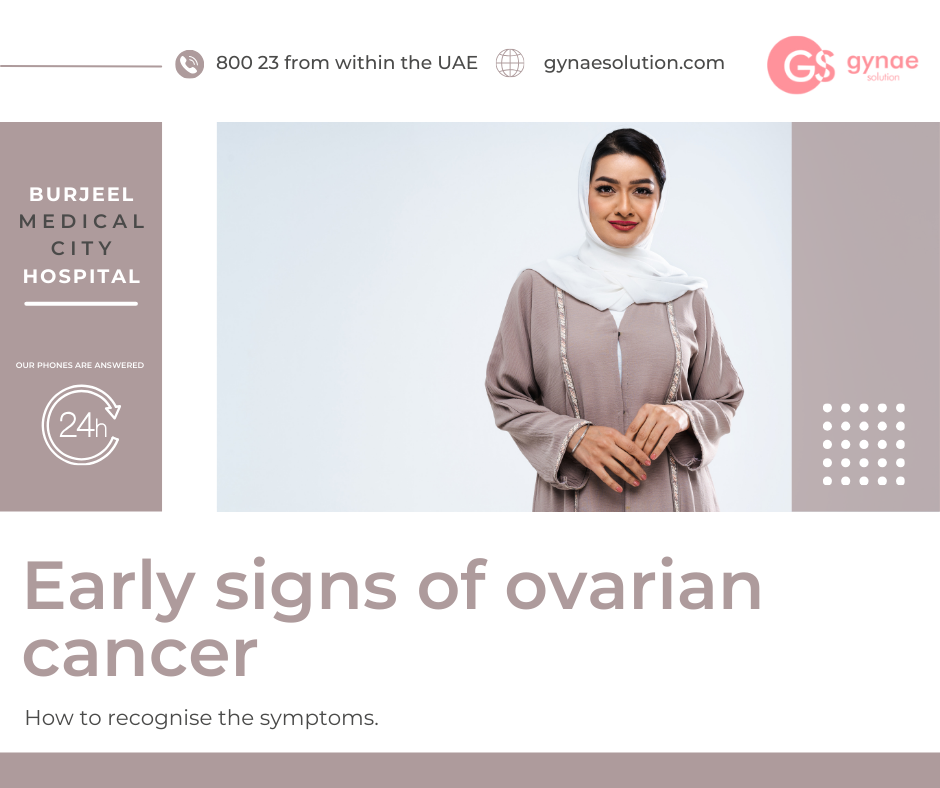The role of diet
A nutrient-rich diet is essential for supporting hormonal balance and immune function. Diets high in processed foods, saturated fats, and sugars can lead to obesity—a major risk factor for cancers such as endometrial cancer. Incorporating whole foods such as fruits, vegetables, whole grains, and lean proteins can reduce inflammation and provide antioxidants that combat cancer-causing free radicals.
Foods rich in fibre, like leafy greens and legumes, support healthy digestion and help maintain a healthy weight, while certain vitamins, such as folate found in leafy greens, may protect against DNA damage. Additionally, limiting alcohol consumption is crucial, as excessive drinking has been linked to an increased risk of cervical cancer.
Lifestyle choices that matter
Regular physical activity is a key preventive measure. Exercise helps regulate weight, reduce inflammation, and improve immune response. Aim for at least 150 minutes of moderate activity weekly.
Smoking is a significant risk factor, especially for cervical cancer, as it weakens the immune system and impairs the body’s ability to fight infections such as HPV (human papillomavirus), a known cause of many gynaecological cancers.
Prevention and screening
Beyond diet and lifestyle, routine health check-ups, including Pap smears and HPV vaccinations, are vital in early detection and prevention.
By adopting a healthy diet, staying active, and avoiding harmful habits, you can significantly lower your risk of gynaecological cancers while improving your overall quality of life.
Book your consultation with our gynaecological cancer experts today.




0 Comments